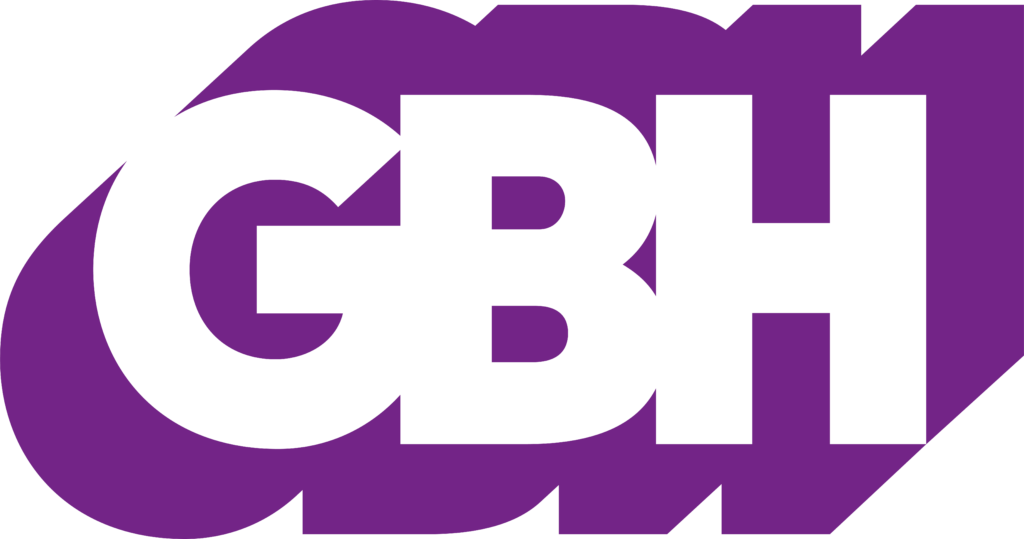Spotify | NPR One | Apple | Stitcher | iHeartRadio | Google | Amazon
BOSTON – What risks are you willing to take for the truth?
That question is at the center of a new five-part GroundTruth Podcast series “The Whistleblower: Truth, Dissent and the Legacy of Daniel Ellsberg.” Launching April 15, the series is part of a wider partnership with University of Massachusetts Amherst exploring the story of Daniel Ellsberg, a Pentagon insider who risked life in prison to stop the Vietnam War. In 1971, Ellsberg leaked top-secret government documents to the American press.
Known as the Pentagon Papers, the 7,000 pages of photocopied classified documents showed in vivid detail that four successive presidential administrations had knowingly lied to the American public about U.S. policy on Vietnam. There was no clear path to victory.
Upon turning himself in for the unauthorized disclosure, Ellsberg was charged with violating the Espionage Act and theft of government property. He faced 115 years in prison.
“I said to myself this is the system for which I have worked, a system that lies from bottom to top — from a warrant officer up through generals and the Secretary of the Army and the president. Lies to conceal murder. And I will not be a part of this anymore,” Ellsberg told GroundTruth. Knowing he had the trove of documents revealing government “lies and deceptions that amount to mass murder” locked away in a safe, he recalls deciding that “murder is not something to be just stopped, but exposed and resisted.”
“So I went to my friend Tony Russo and said, ‘Do you know where we can find a Xerox machine?’” he said.
Fifty years after he became America’s most famous whistleblower, Daniel Ellsberg reveals new chapters of his story through exclusive interviews with GroundTruth, and previously unseen documents, diaries and audio from his personal archive, revealed through a partnership with the University of Massachusetts Amherst.
Two years ago, Special Collections and University Archives, UMass Amherst Libraries acquired Ellsberg’s private archive, 500 boxes-worth of details from his life, showing his evolution from Cold Warrior to whistleblower. With UMass Amherst historian Christian Appy and journalism professor Kathy Roberts Forde, GroundTruth founder Charles Sennott organized a year-long seminar for students to pore over the collection, much of which had not yet been made public. Students discussed their findings directly with Ellsberg through Zoom calls.
“Dan Ellsberg’s story of truth and dissent is powerfully resonant today,” said GroundTruth’s Sennott, host of the “The Whistleblower” podcast series. “Ellsberg’s courage as a truth teller speaks to a time when it feels like truth is eroding all around us, and when we need to be reminded that dissent can be the ultimate expression of patriotism.”
Speaking on both the risk and importance of whistleblowing today, Ellsberg said, “There’s never gonna be many whistleblowers because the price is just too great. But if you ask… what catastrophes could have been avoided by a whistleblower? All of them. None of them were unforeseen.”
Now in its 10th season, the award-winning GroundTruth Podcast has covered global affairs from the War in Afghanistan to rising populist nationalism through shoe-leather, on-the-ground reporting. Senior Producer of the series is Mitch Hanley.
A one-hour radio version of the podcast will be broadcast on GBH 89.7 in Boston on June 13, the day 50 years ago when the Pentagon Papers were made public in the New York Times. Check your local listings.
The first of five episodes of “The Whistleblower” will arrive in podcast feeds on April 15. Subscribe to the GroundTruth Podcast on your favorite podcast listening app to listen to the episode as soon as it is live.
Spotify | NPR One | Apple | Stitcher | Google | Amazon
Contact:
Joshua Coe, Engagement Coordinator
jcoe@thegroundtruthproject.org, +1 508-297-7074 Ext. 1012
This season of the GroundTruth Podcast is part of a year-long public history project in collaboration with the University of Massachusetts Amherst and GBH and was made possible through the generous support of the UMass Amherst Chancellor’s Office.

![]()





































